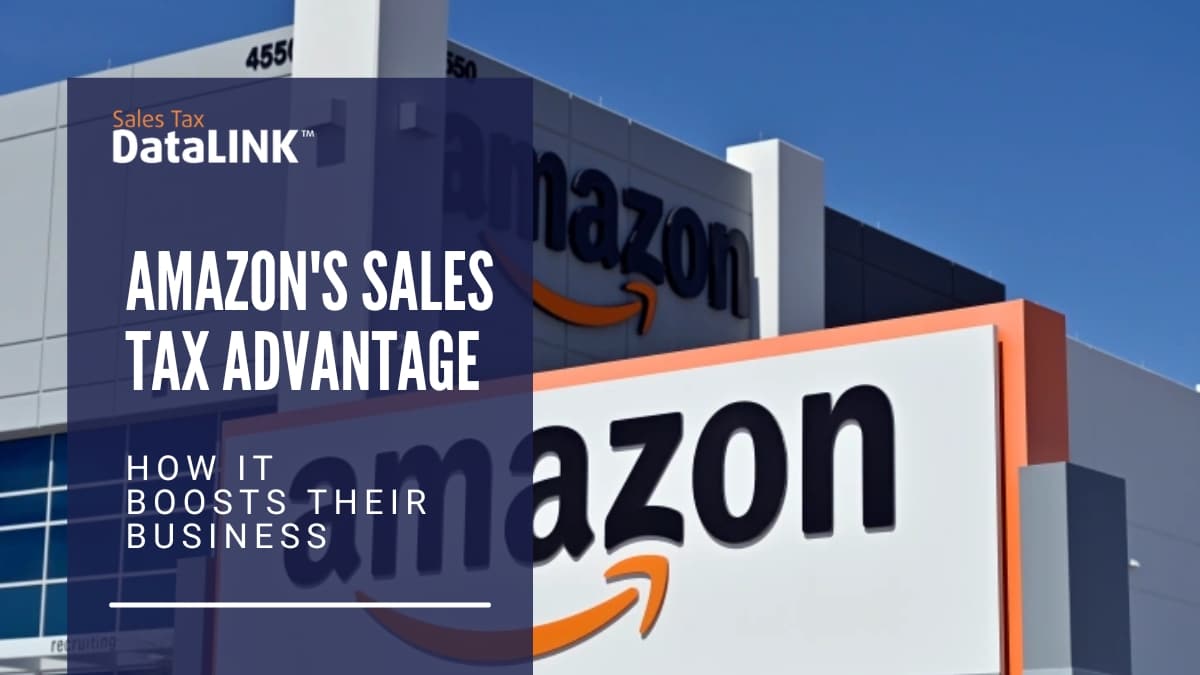Amazon’s Sales Tax Advantage
Research has confirmed it—Amazon’s ability to sell without collecting sales tax gives them a real advantage over merchants that don’t have that option. The National Bureau of Economic Research studied 245,000 households that spent $100 in the first few months of 2012 on Amazon and followed them through 2013 to track their spending habits for online purchases. They found that in states where Amazon started to collect sales tax, households reduced their spending on Amazon by about 10%.
This has huge implications for the Internet sales tax fight since it helps brick-and-mortar stores to prove that online merchants do have an advantage. Researchers found that when Amazon started charging sales tax, households that shopped online frequently changed their shopping habits. They sought out alternative online merchants that didn’t collect sales tax or buy items through Amazon Fulfillment, where customers can get the benefits of the Amazon network without the added sales tax cost. Households didn’t, however, take their
spending to local stores. They went to other options that allowed them to continue avoiding sales tax. This means that sales tax is a clear deterrent for sales.
When your business can get away with not having to charge sales tax because of lack of nexus, you’re boosting your business over others who do have to charge sales tax. For brick-and-mortar businesses that have been saying this all along, this is a huge win supported by empirical data. Past research had concluded that there wasn’t an advantage—but this extensive study puts those conclusions in doubt. This study is what legislators have been looking for to justify a national sales tax bill that forces online merchants to pay sales tax. With the House bill still in committee, it may still be some time before we see progress on the MFA but this data may increase the chances of a bill like the MFA’s being passed in the future. Online sellers should get ready to respond.




